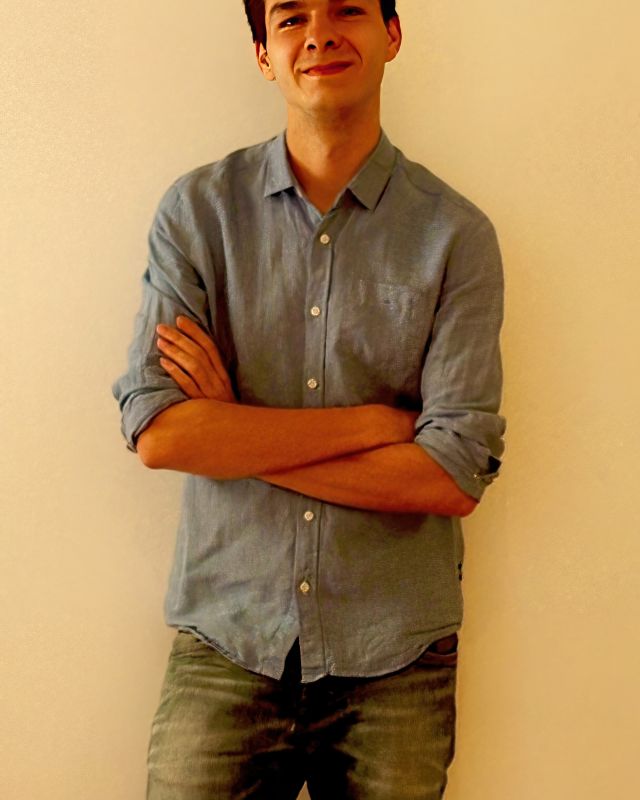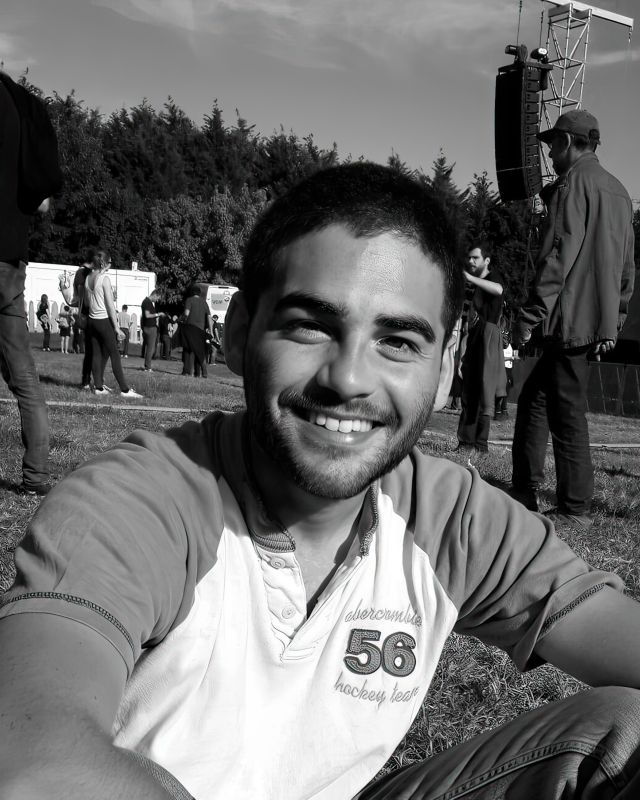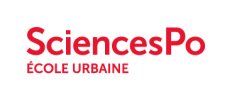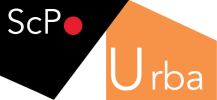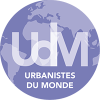Portrait
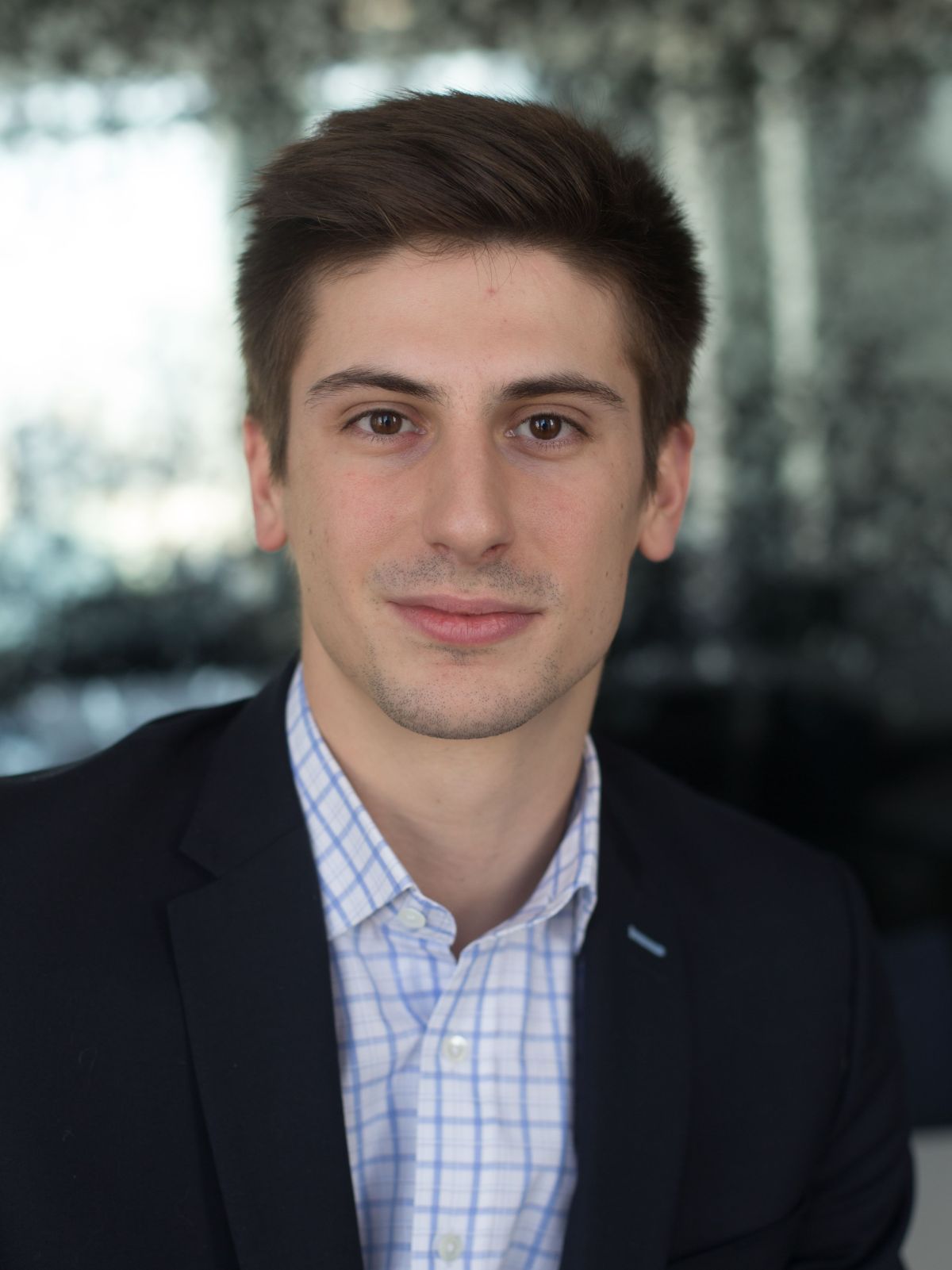
Guillaume Ragon - STU 2014 - Consultant at Wavestone
Posted on | Alumni Portrait
Portrait by Marion Bigay
After having attended the SciencesPo College U, you are finishing the STU master's degree with an internship at the Evry Centre Essonne agglomeration. What does this internship bring to you?
This internship allowed me to work for a local authority on a land development project, namely a cluster focused on the sports economy, next to the French Rugby Federation's Grand Stade. I was involved in the pre-operational management, upstream of the definition of the urban planning. The project raised a lot of questions, especially about the environmental impact of such an infrastructure and the economic benefits for the territory. I therefore carried out a worldwide benchmark to assess the impact of large-capacity stadiums on a territory, took part in leading the national public debate (answering questions about the project), and also interviewed the architectural firms as part of a competitive dialogue for urban project management.
However, I did not have the opportunity to continue my work on this project (due to a lack of internal opportunities...). But this enriching experience confirmed to me that I enjoyed working with the public sector and it is something I kept for the future.
Indeed, after two months of job search, you joined the public sector branch of the consulting firm CSC. In concrete terms, what was your job?
As a consultant for the public sector, I act as a service provider. To put it simply, administrations often have projects for which they do not have the necessary resources, whether in terms of personnel, specific skills, or methodology. In this case, they can call upon a consulting firm.
In concrete terms, this means that we go to the client's premises, listen to them, observe their situation and look for the most appropriate solution to their needs. In general, it is a question of helping an administration to modernize itself, which can involve defining a new strategic line, an organizational overhaul, or the implementation of certain projects.
After a year, you changed firms and joined Kurt Salmon (now Wavestone since July 2016). Are you still working for the public sector?
Yes, I still work with the public sector, but my daily life is very different. From one consulting firm to another, the way of working can vary quite a lot.
At CSC, I mainly worked on the client's premises (full time as we say in the jargon). It is not a position that I find very rewarding. As it is mainly about operational project follow-up, there is not much time for reflection. Even if a manager from the consulting firm comes regularly, we work under the direction of the client in his office. As a result, I was doing what someone else could have done in the company.
Today, I work on two or three missions at the same time. I have very diverse clients, such as the Caisse des Dépôts et des Consignations, the Ministry of the Economy and Finance, local authorities such as the PACA regional council and even the Paris National Opera. I work less on site and more in the office. It's more intellectually stimulating because we're involved in the early stages of transformation projects.
On a daily basis, I divide my time between contact with clients (project follow-up, on-site workshops) and production (presentation support, reports, writing of commercial proposals). Whatever the mission, the principle is the same. It is a matter of searching for information, retrieving it, processing it, passing on a message and then validating it.
What do you like about being a consultant?
Variety. The clients change and the content of the missions varies too. It's very rare to get stuck in a routine when you're a consultant, it even seems impossible. We are in a young environment that moves a lot. Almost all of us are between 24 and 28 years old and I don't even count the SciencesPo or STU graduates. In a way, we are still in the process of studying. With each new assignment, we acquire skills and knowledge that will be valuable for the future, whether or not we want to continue in consulting.
There is also a strong spirit of solidarity and camaraderie among consultants. Since clients pay a lot of money, they want to get their money's worth. There can be an important pressure which is put at the same time by the customers and the managers on the results but also on the posture. The consultant is expected to have a certain presence, a certain way of saying things and then of course results. At times, there is a large volume of work and the first month, you really have to take a step back and hold on. But it develops the spirit of mutual aid and in the end you also have a good time. You just have to stay humble, be ready to question yourself or redo your work if the result does not correspond to your expectations.
Finally, the starting salary is interesting and the evolution really fast.
You mentioned humility. According to you, what are the important qualities to become a good consultant?
I would say to be curious and to have good listening skills. You have to be able to look for information without waiting for it to come to you. You have to want to find it, know how to hear and understand what the client is looking for, often read between the lines and decipher the interplay between the players.
Rigor and a spirit of synthesis are also very important. In terms of production, you must be able to produce a clear and precise summary within a given timeframe. It is essential to be able to take a step back and propose relevant solutions.
Finally, you must be sociable, not be afraid to go to people and be a good communicator. The results are important, but the way you present them is also very important. You have to be tactful and have a certain sense of interpersonal skills, particularly in terms of being able to say things without offending the client.
Do you personally plan to continue in this way?
Not in the long term. I think I'll stay for another two or three years but I don't want to become a manager. Basically, I would like to reorient myself towards issues related to land use planning, transport and mobility. I have already worked on these themes, especially during my group project in STU, and I know that I like it.
Our collective project was commissioned by SNCF réseau and DATAR, and dealt with the mobility issues of cities within one hour of Paris. We drew up a typology of these cities according to their economic and social fabric and their position with respect to Paris, with the aim of proposing rail mobility solutions adapted to their needs. In a way, it was already an initiation to the consulting business.
And finally, if you had any advice for current students, what would you say?
I would tell them not to close any doors. As you move forward, you realize that life rarely goes as planned and that it doesn't necessarily have to go badly. When you leave school, you can't imagine all the directions a career can take. I think you have to consider all the opportunities.
For example, even if it's not necessarily what you want to do afterwards, consulting can be a door to something else. These are jobs where you are very mobile, which allows you to build a good network. Personally, I met my current employer during an assignment with my previous firm. I also know that when I want to change direction, I will already have an active and useful network, which is a great strength.
Simon de Bergh - STU 2016 - Urban planning agency of Marseille
Posted on March 05, 2018
Before entering the STU master's program, you attend SciencesPo's university college. How do you choose your master's degree? My choice of master's degree was…
Nicolas Fayet - STU 2015 - Mobility Project Manager, Department of Seine-Saint-Denis
Posted on December 28, 2017
Pathway January-July 2015: internship at the Sustainable Mobility Agency, Direction de la Voirie et des Déplacements de la ville de Paris - elaboration of t…
 English
English  Français
Français 